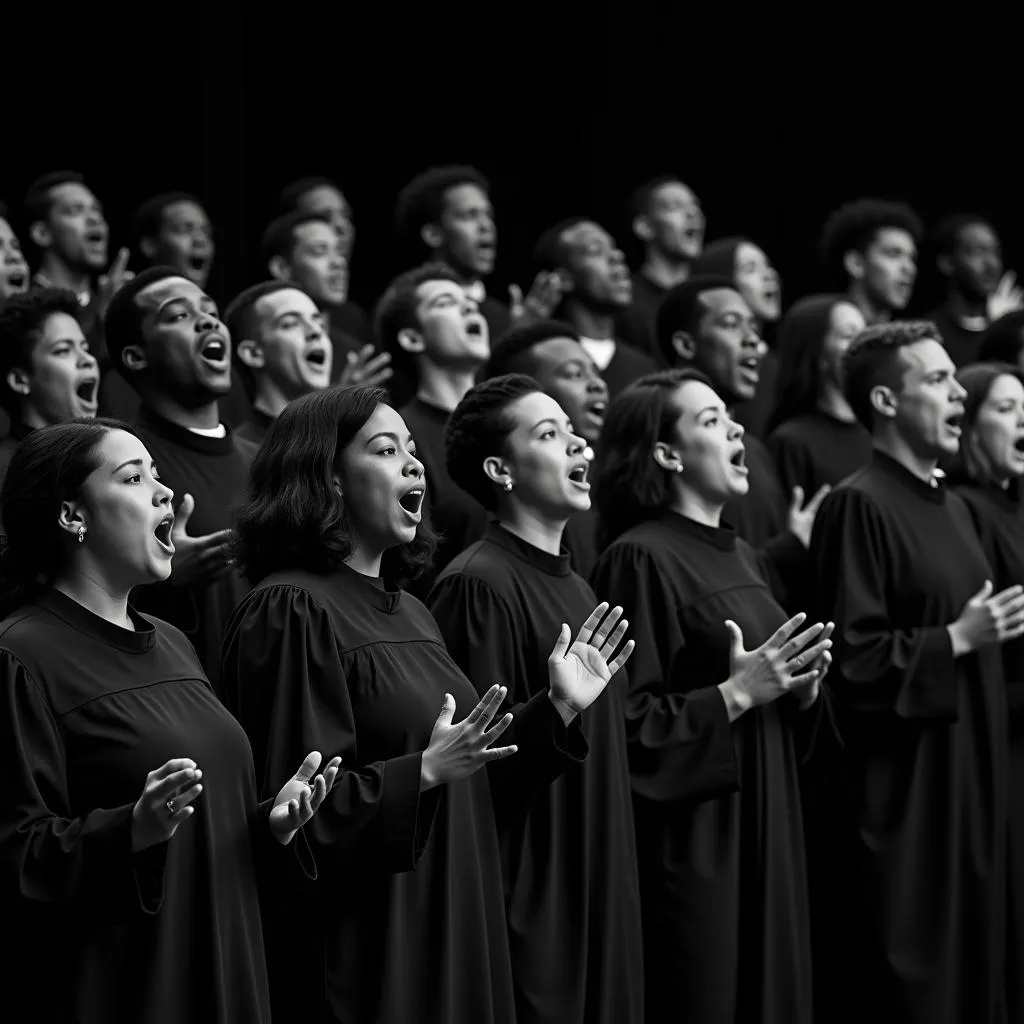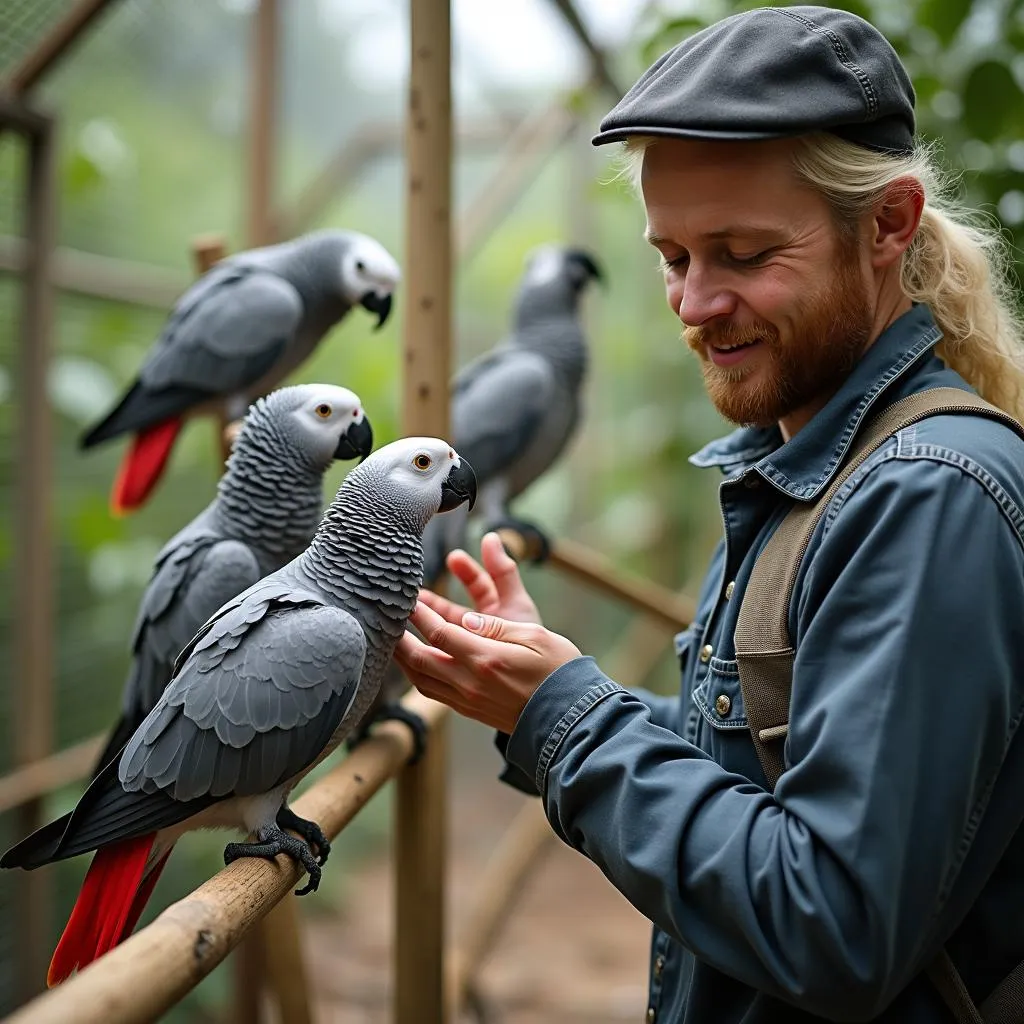Unveiling the Secrets of African Body Care
African Body Care is deeply rooted in ancient traditions and utilizes the abundant natural resources found across the continent. From the moisturizing shea butter of West Africa to the invigorating rooibos tea of South Africa, diverse cultures have developed unique beauty rituals passed down through generations. These practices not only enhance physical appearance but also promote overall well-being and connect individuals to their heritage. Let’s explore the rich tapestry of African body care and discover its timeless secrets.
The Power of Natural Ingredients in African Body Care
For centuries, Africans have harnessed the power of nature to create effective body care products. Key ingredients like shea butter, known for its deep moisturizing properties, and black soap, a cleanser with detoxifying qualities, are staples in many routines. These natural ingredients are often combined with herbs, oils, and clays to create customized treatments for various skin and hair types. The focus is on nourishing the body from the inside out, promoting healthy skin and hair while minimizing the use of harsh chemicals.
One popular ingredient is argan oil, extracted from the kernels of the argan tree native to Morocco. Rich in vitamin E and antioxidants, it’s known for its ability to hydrate and protect the skin. Another powerful ingredient is baobab oil, sourced from the baobab tree, a symbol of resilience and longevity in many African cultures. This oil is highly moisturizing and helps improve skin elasticity. These are just a few examples of the rich botanical diversity that informs African body care practices.
Traditional African Body Care Rituals
Beyond individual ingredients, many traditional African body care rituals incorporate holistic approaches. These rituals often involve massage, exfoliation, and steaming, promoting relaxation and detoxification. For example, the Hammam ritual, popular in North Africa, involves a steam bath followed by exfoliation with a kessa glove and a black soap massage. This cleansing ritual not only removes dead skin cells but also improves circulation and leaves the skin feeling soft and rejuvenated.
In some cultures, specific body adornments and scarification practices hold cultural significance. These traditions, while not strictly body care in the modern sense, reflect the deep connection between the body and cultural identity.
African Body Care in the Modern World
Today, African body care practices are gaining global recognition. Modern brands are incorporating traditional ingredients and knowledge into their formulations, offering consumers natural and effective products. This renewed interest highlights the importance of cultural heritage and the wisdom of traditional practices. The rising popularity of African black soap skin routine demonstrates this trend.
Many individuals are also embracing DIY recipes, creating their own body scrubs, hair masks, and lotions using readily available ingredients. This allows for personalized body care tailored to individual needs and preferences.
African fat boy and the 7 African powers statue can provide a cultural context for understanding the diverse traditions across the continent. The African grey parrot congo vs timneh highlights another aspect of African biodiversity. While African black booty fuck is not relevant to this topic.
Conclusion
African body care offers a holistic approach to beauty and well-being, emphasizing natural ingredients and time-honored traditions. From moisturizing shea butter to invigorating rooibos tea, the diverse resources of the African continent provide a rich foundation for effective and culturally significant body care practices. Embracing these traditions allows us to connect with a rich heritage while nourishing our bodies from the inside out. By understanding and appreciating the secrets of African body care, we can unlock a world of natural beauty and wellness.
FAQ
- What is African black soap made of? Traditionally, it is made from the ashes of plantain skins, cocoa pods, palm leaves, and shea butter.
- What are the benefits of shea butter for skin? Shea butter is deeply moisturizing, helps reduce inflammation, and can improve skin elasticity.
- What is the Hammam ritual? It’s a traditional North African cleansing ritual involving a steam bath, exfoliation, and massage.
- How can I incorporate African body care into my routine? Start by using natural ingredients like shea butter or black soap and explore traditional rituals like the Hammam.
- Where can I find authentic African body care products? Look for brands that source their ingredients ethically and sustainably from Africa.
- What are some other traditional African ingredients used in body care? Baobab oil, argan oil, and marula oil are some examples.
- How often should I use African black soap? Start with using it a few times a week and adjust based on your skin’s needs.
Other Related Questions
What are the cultural significances of body adornments in different African tribes? How does climate influence traditional body care practices across the African continent? What are some modern interpretations of traditional African body care?
For further information, explore our articles on the African grey parrot congo vs timneh and the 7 African powers statue.
Need assistance? Contact us at +255768904061, email kaka.mag@gmail.com, or visit us at Mbarali DC Mawindi, Kangaga, Tanzania. We have a 24/7 customer service team.

